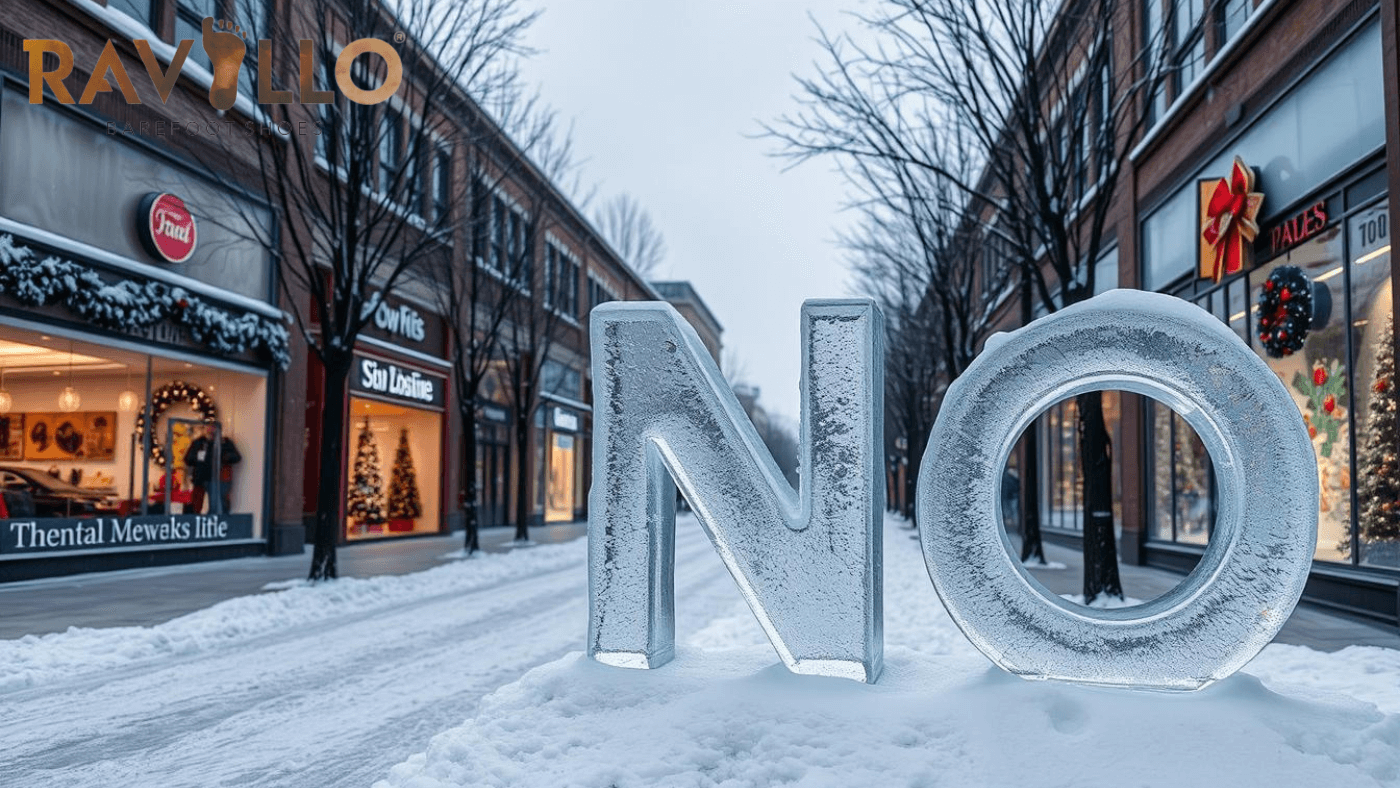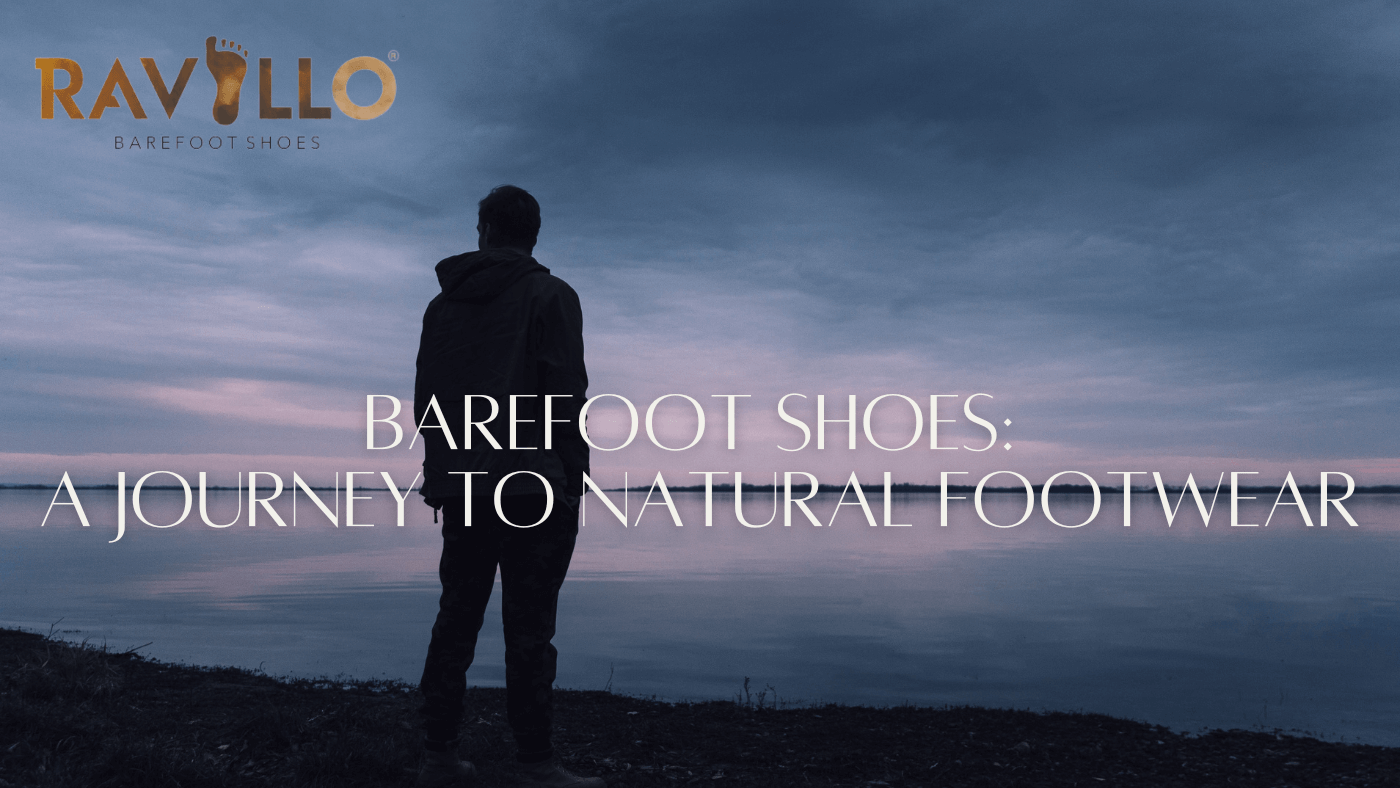Why We Say No Black Friday This Holiday Season
Black Friday has become synonymous with massive shopping sprees and doorbuster deals, but the hidden costs—on workers, the environment, and our values—are making many reconsider. At Ravello, we say "No Black Friday" and embrace mindful living, ethical consumption, and sustainable practices instead.
This change makes us wonder if these sales are really worth it. Is the rush for deals worth the environmental and social costs?
Key Takeaways
- The significance of Black Friday has evolved beyond a single day, with retailers extending promotions throughout the month.
- Concerns are rising about the environmental impact and ethical implications of mass consumption driven by Black Friday sales.
- A growing movement is questioning the necessity of Black Friday, advocating for more sustainable and conscious shopping practices.
- The shift towards online shopping has changed the traditional in-store Black Friday experience.
- Retailers face challenges in maintaining product quality due to various production constraints.
The Evolution and History of Black Friday Shopping
The story of Black Friday starts in the 1960s in Philadelphia. Police officers called it the chaos after Thanksgiving. It was named after a 1869 financial crisis, but in retail, it meant a shift to profits.
From Philadelphia Streets to National Shopping Event
In the early 1960s, Philly retailers tried to change "Black Friday" to "Big Friday." But it didn't stick. By the 1980s, "Black Friday" was seen as a day of profit for stores.
The Myth of "Operating in the Black"
Many think Black Friday means stores start making money. But it's not that simple. The holiday season as a whole is key to a store's success.
How Digital Age Changed Black Friday
The digital world has changed Black Friday. Now, online shopping is big, with 17.1% of holiday sales in 2023. Cyber Monday, started in 2005, is also big, with $12.4 billion spent in 2023. Online shopping has changed Black Friday.
Black Friday and Cyber Monday are still big, but the holiday season is longer now. People are looking for mindful living and anti-consumerism. This has led to more conscious spending.
Understanding the Environmental Impact of Mass Consumption
As the holiday shopping season gets closer, it's key to think about how our buying habits affect the planet. Events like Black Friday lead to a lot of environmental harm. This includes the carbon emissions and waste from making, moving, and throwing away products.
The damage from buying too much, especially in fast fashion and throwaway electronics, is often ignored. In 2022, US shoppers spent about $9.8 billion on Black Friday weekend. This led to around 429,000 tonnes of greenhouse gases. The retail world is responsible for 25% of global carbon emissions. From Black Friday to New Year, American homes throw away 25% more than usual.
The effects of our purchases go beyond just the immediate use. 80% of Black Friday buys in 2022 were tossed after a short time. In the UK, Black Friday deliveries were as bad for the planet as 435 flights from London to New York. Online shopping, up 13% in 2022, also adds to plastic waste. Amazon's plastic packaging alone was around 321,596 metric tonnes in 2022.
More people are starting to notice these environmental issues. This is changing how we shop and making us look for greener options. Three-quarters of Europeans think we need to buy less to save the planet for the future. 78% want to spend more time with loved ones and 74% want to enjoy nature more, without buying stuff.
"To stay within planetary boundaries, each European would have to reduce by 80% the amount of natural resources used for nutrition, housing, mobility, and leisure."As the holiday season nears, let's think about the planet when we shop. Let's choose options that are better for the environment and our planet.
The Rise of Conscious Consumer Movement
The world is waking up to the harm caused by mass consumption. A movement towards conscious consumerism is growing. It focuses on sustainable shopping and the harm of fast fashion. People are now thinking twice about buying too much and looking for new ways to shop.
Shift Towards Sustainable Shopping Practices
This movement is changing how we shop. It's about choosing quality over quantity and supporting brands that are ethical. People want items that last, are good for the planet, and made fairly.
Growing Awareness of Fast Fashion Impact
The damage from fast fashion is clear: waste, pollution, and unfair labor. Consumers are now aware of the real cost of cheap clothes. They want brands to be open about how they make their products. This has led to a rise in slow fashion, where quality and ethics matter more than fast sales.
Mindful Living in a Consumer Society
This movement questions if happiness comes from buying stuff. It suggests that true fulfillment comes from aligning what we buy with our values and the planet. Embracing mindful living helps us have a healthier relationship with what we own, leading to a more fulfilling life.
"Conscious consumerism is the next phase of the green revolution, where we see consumers taking responsibility for their impact on the world."Why Choose No Black Friday This Year
Why We Say No Black Friday This Holiday Season
Black Friday has become synonymous with massive shopping sprees and doorbuster deals, but the hidden costs—on workers, the environment, and our values—are making many reconsider. At Ravello Barefoot Shoes, we say "No Black Friday" and embrace mindful living, ethical consumption, and sustainable practices instead. Black Friday has grown from a single shopping day to a month-long phenomenon, raising questions about its true impact. The environmental toll of mass consumption during Black Friday includes increased carbon emissions and waste. Conscious consumerism advocates for quality over quantity, mindful purchases, and sustainable alternatives.
"Setting up a sinking fund to allow more time to hit your gift goal is a recommended strategy for those not wanting to rush holiday shopping the following year."Also, supporting local shops or joining in on Small Business Saturday or Giving Tuesday can help our communities more. These actions fit with the trend of living more consciously and sustainably. It's about caring for our planet and people, not just buying stuff.
| Category | Best Time to Find Bargains |
|---|---|
| Furniture, Appliances, Toys, and Sporting goods | Thanksgiving day (Nov. 28) |
| TVs | Black Friday (Nov. 29) |
| Computers | Saturday (Nov. 30) |
| Apparel and Electronics | Cyber Monday (Dec. 2) |
By saying No to Black Friday, we can fight against the negative sides of this big shopping day. Let's focus on a holiday season that cares for our planet and people. Join the move towards ethical consumption and sustainable shopping. Let's find the real joy of the holidays.
The Hidden Costs Behind Black Friday Deals
Black Friday seems to offer great deals, but there are hidden costs. Retail workers, who are key to this event, face a lot of stress and long hours. This affects their work-life balance and local communities.
Impact on Retail Workers and Communities
During Black Friday, the rush of shoppers can be too much for retail employees. They work long hours with little break, trying to keep customers happy. This can make them tired and less able to serve well.
The crowds and traffic also mess up local neighborhoods. They cause trouble and make life harder for everyone.
Quality vs. Quantity in Holiday Shopping
People often buy more items because they're cheap, even if they're not good quality. This means they have to buy more things again soon. It's bad for the environment and doesn't really save money in the long run.
Understanding the True Value of Products
When we buy things, we should think about how long they last, if they were made fairly, and if they harm the environment. Buying with care helps us support a better future. It's better than just chasing after Black Friday deals.
The Future of Conscious Shopping
Sustainable shopping isn't just a trend—it’s the future. By saying "No Black Friday," you're joining a movement toward ethical consumption and better environmental stewardship. Choose mindful, impactful purchases this holiday season. Make every shopping choice count—for your community, for workers, and for the planet.
FAQ
What is the significance of Black Friday today?
Black Friday, once a big shopping day after Thanksgiving, has grown into a month-long event. It still draws many shoppers. But, concerns about its impact on the environment and workers are growing.
How has the digital age transformed Black Friday?
The digital age has changed Black Friday a lot. Now, more people shop online, especially on Cyber Monday. This shift has made Black Friday different from what it used to be.
What are the environmental implications of mass consumption during events like Black Friday?
Events like Black Friday harm the environment a lot. Making, moving, and throwing away goods pollute and waste resources. Fast fashion and cheap electronics add to the problem, often ignored for the sake of deals.
How is the conscious consumer movement reshaping shopping habits?
A new movement is making people think differently about shopping. It's about buying better, not more. People are choosing quality over quantity and supporting brands that care. This change is about finding happiness in what we have, not just buying more.
What are the hidden costs behind Black Friday deals?
Black Friday deals might seem good, but they're not always. Retail workers work hard and long, and big crowds can mess up communities. Buying cheap stuff often means buying more, which can hurt your wallet and the planet.






















